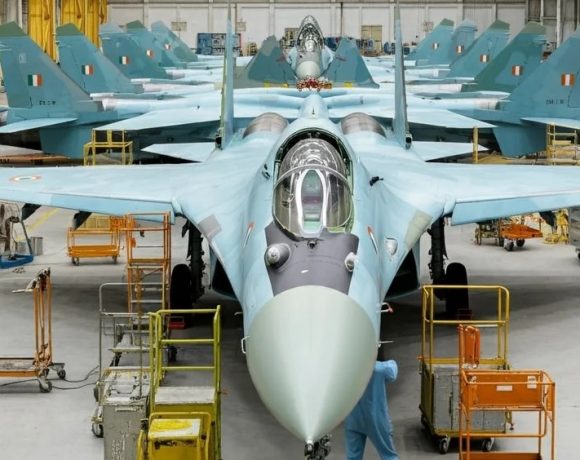
Delhi HC Upholds Revocation of Celebi’s Security Clearance
The Delhi High Court has upheld the government’s decision to revoke the security clearance of Turkish firm Celebi Airport Services India, citing national security concerns amidst rising geopolitical tensions. The court dismissed Celebi’s challenge, marking a decisive stance in favor of security over procedural leniency.
Celebi clearance
The security clearance was originally withdrawn by the Bureau of Civil Aviation Security (BCAS) in May 2025, affecting Celebi’s operations across nine major Indian airports, including Delhi, Mumbai, Bengaluru, Hyderabad, and Chennai. The company had approached the court after losing several key contracts, arguing that the revocation was arbitrary and violated natural justice.
However, Justice Sachin Datta ruled that once a competent authority raises national security concerns, the court’s scope to interfere becomes limited. He stressed that ground-handling companies enjoy access to critical infrastructure, sensitive equipment, passenger data, and airside logistics, all of which require a high degree of trust and scrutiny.
National security
In-camera submissions made by the government included intelligence inputs pointing to risks of espionage and dual-use vulnerabilities. The court observed that geopolitical developments—particularly Turkey’s recent alignment with adversarial interests during regional conflicts—had introduced real-time threats, warranting preemptive action.
The judgment emphasized that principles of natural justice may be set aside when urgent national interests are involved, especially in sectors with high exposure to strategic risk. The court referred to established legal doctrine that allows state agencies to act decisively without prior hearings in cases involving sovereignty and public safety.
Legal and operational impact
Celebi argued that the decision jeopardized over 3,700 Indian jobs and undermined investor sentiment in India’s civil aviation sector. However, the court maintained that security clearances, especially conditional ones granted earlier, could be revoked if circumstances changed. While this ruling applies to Delhi, similar cases are currently pending before other high courts in Mumbai, Chennai, and Ahmedabad, where Celebi is pursuing parallel relief.
The verdict reinforces the state’s authority to act swiftly in matters of national importance, particularly in domains where foreign entities have critical operational roles. It signals that India’s aviation and infrastructure sectors will not compromise on strategic concerns, even at the cost of economic disruption or legal challenges.


















